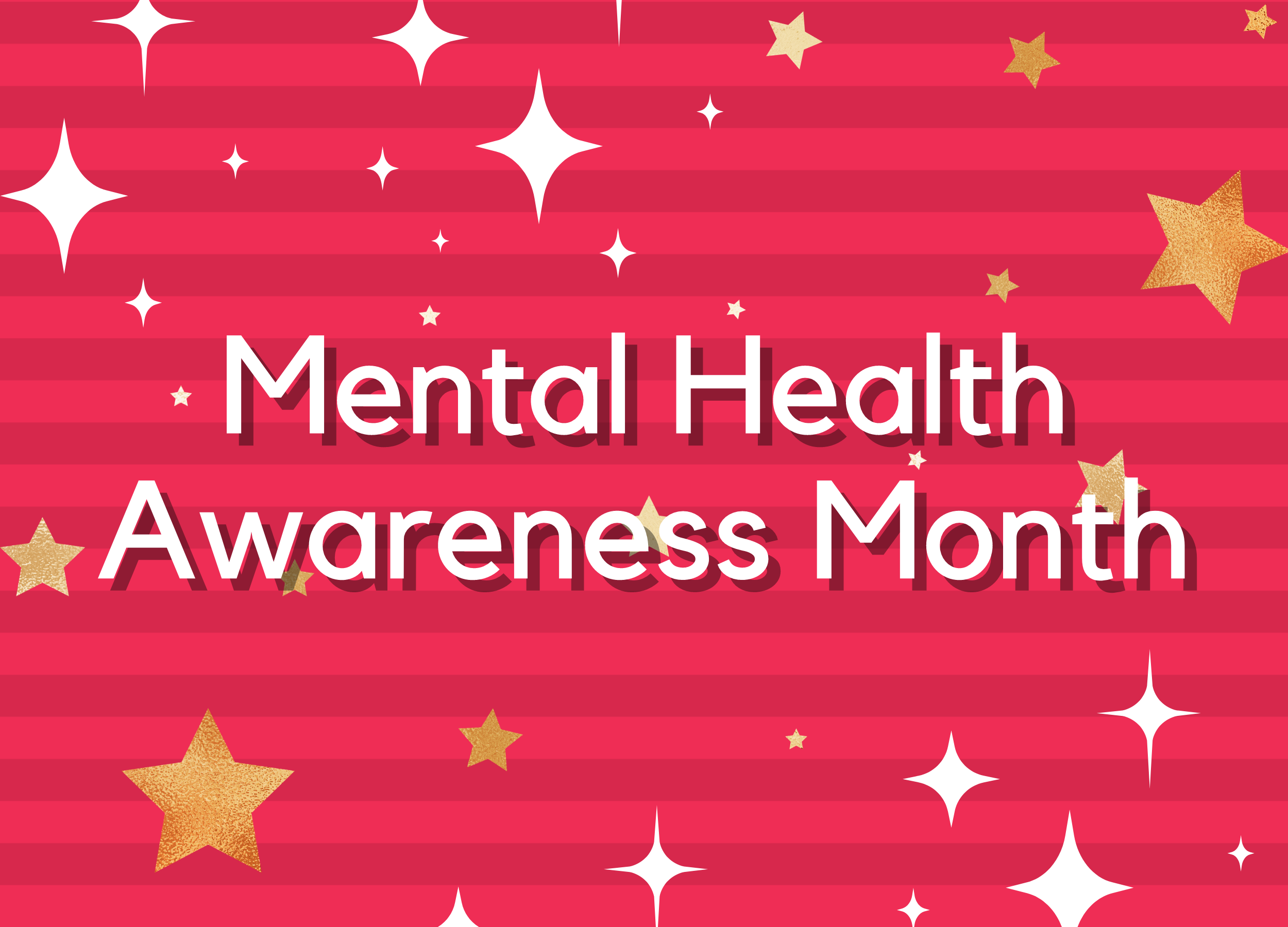Edited by: Harini Akurathi, Neve Walker & Parker McElroy, Blogged by: Sahithi Lingampalli
May has been named Mental Health Awareness month since 1949. The existence of Mental Health Awareness Month aims to raise awareness of the importance of mental and emotional health for children, adolescents, and adults. Being aware of trauma and its effects is the most important thing.
The types of mental disorders in question include depression, bipolar disorder, schizophrenia, anxiety disorders, eating disorders, and dementia.
According to data from?, suicide is the second reason of death for adolescents aged 15-29 years old. Research conducted by the World Health Organization (WHO) states that Disability Adjusted Life Years (DALY); meaning the burden of disease in 2020 placed depression in second place in the world while being predicted to rise to rank 1 in 2030. Particularly with the COVID-19 pandemic, depression has a massive impact on people of all ages. Isolation, anxiety, and the attachment to the future are things that are being felt by many in the midst of the pandemic. Coupled with social media, which is very much a time absorbine for humans, more and more people are being consumed by a bad stigma.
Because of this, WHO demanded that every country increase their support for mental health services. This process certainly requires assistance from governments, especially the preacher of health. They must quickly organize a movement on this issue. Those who have the right to make decisions speed up decision making and direct decisions. Because mental disorders cause a huge burden on society and block the development of health and growth of the country, it is important to convince politicians to make Mental Health a priority.
We can explain that mental disorders are so debilitating and painful that it is necessary to treat people with psychiatric illnesses. Not to mention its significant death rate.
With the integration of mental health, basic training needs to be improved, continuing education in assessment, diagnosis using guidelines such as the WHO primary care guidelines. This integration is certainly aided by communication.
even though the country is proclaimed a ‘Developed Country,’ people with impaired mental health often experience gross human rights violations, discrimination, and stigma. We urgently need to build capacity to tackle stigma and promote human rights.
The World Health Organization (WHO) issued 4 criteria which indicate that we are mentally healthy:
- Every individual realizes his or her own potential
- Can cope with the normal stresses of life
- Can work productively and fruitfully
- Able to make a contribution to her or his community
Urgently need political assistance at the domestic level, to support mental health in public policy. It’s not difficult, but keep working to improve and promote mental health.
References:
World Health Organization (2019 November 28). Mental Disorders Link.
Jenkins, Rachel (2003 February 2). Supporting governments to adopt mental health policies. Link.
Jenkins, Rachel (2013 October 12). How to convince politicians that mental health is a priority Link.

